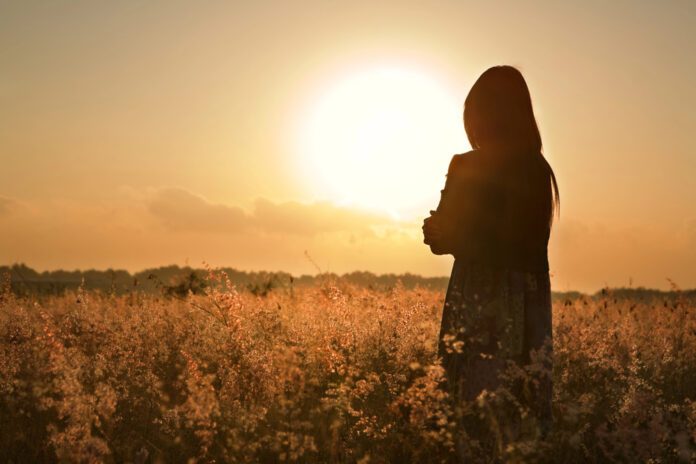Hey there, beautiful souls,
It’s your friendly neighborhood lifestyle blogger here, passionate about helping you make positive changes to your health and wellbeing.
Today, I want to talk about something close to my heart – unresolved childhood trauma.
This topic can be heavy, but my goal is to approach it with warmth, authenticity, and hope.
Understanding Childhood Trauma
First off, let’s get on the same page about what childhood trauma is.
Childhood trauma refers to any distressing experience a child may go through, which can range from emotional abuse, neglect, physical harm, or even witnessing traumatic events.
These experiences can leave deep, lasting imprints on our psyche.
If you’ve ever wondered, “How can childhood trauma affect adult life?” or “What are the signs and symptoms of unresolved childhood trauma?” you’re not alone.
I used to ask myself these questions too.
Identifying Personal Trauma
Recognizing whether you have unresolved childhood trauma is the first step towards healing.
I remember a time when I felt an inexplicable sadness and anxiety that seemed to come from nowhere.
I often asked myself, “How do I know if I have unresolved childhood trauma?”
I found out that common triggers, like certain smells, sounds, or situations, would bring back those buried feelings.
It’s essential to pay attention to these triggers and your body’s response to them in order to understand your childhood trauma.
Emotional and Psychological Impact
Unresolved childhood trauma can significantly impact mental health, leading to issues like depression, anxiety, and even relationship struggles.
Personally, I found that understanding the long-term effects of childhood trauma on emotional well-being helped me be more compassionate with myself.
If you’ve noticed patterns in your behavior or emotional responses that don’t seem to have a clear cause, childhood trauma might be a contributing factor.

Coping Mechanisms and Healing
Healing from childhood trauma is a journey, and there are several ways to cope and start the healing process.
Some effective ways to cope include mindfulness practices, journaling, and physical activities that help release pent-up emotions.
For me, yoga and meditation have been lifesavers in my personal journey.
They help me stay grounded and present, allowing me to process my feelings in a safe space.
If you’re looking to start healing, these might be good places to begin.
Professional Help
Seeking professional help is a crucial step in dealing with unresolved childhood trauma.
Finding a therapist who specializes in childhood trauma can make a world of difference.
Therapy types like EMDR (Eye Movement Desensitization and Reprocessing) and cognitive-behavioral therapy (CBT) are known to be effective.
I cannot emphasize enough how transformative it was for me to work with a skilled therapist.
They provided me with the tools and support I needed to navigate my healing journey.
Support Systems
Never underestimate the power of a strong support system.
Whether it’s friends, family, or support groups, having people who understand and support you can be incredibly healing.
I joined a support group for childhood trauma survivors, and it was comforting to connect with others who had similar experiences.
If you’re feeling isolated, know that there are communities out there ready to welcome you with open arms.
Educational Resources
Knowledge is power, and educating yourself about childhood trauma can be empowering.
There are plenty of books, documentaries, and online resources that can provide valuable insights.
Some of my favorites include “The Body Keeps the Score” by Bessel van der Kolk and the documentary “Resilience.”
These resources have given me a deeper understanding of my experiences and helped me feel less alone.
Legal and Ethical Considerations
If your trauma involves abuse, knowing your legal rights is crucial.
Reporting childhood abuse as an adult can be daunting, but there are resources and organizations that can guide you through the process.
Remember, it’s never too late to seek justice and protect yourself.
Final Thoughts
Unresolved childhood trauma doesn’t have to hold you back.
Acknowledging it is the first brave step towards healing.
I’m here to tell you that it’s possible to overcome these challenges and lead a fulfilling, joyful life.
Remember, you’re not alone on this journey. Reach out, seek help, and take it one step at a time.
Your past doesn’t define you; your strength and resilience do.
Photo Credit: Depositphotos
Discover more from Mid Life Loves
Subscribe to get the latest posts sent to your email.
